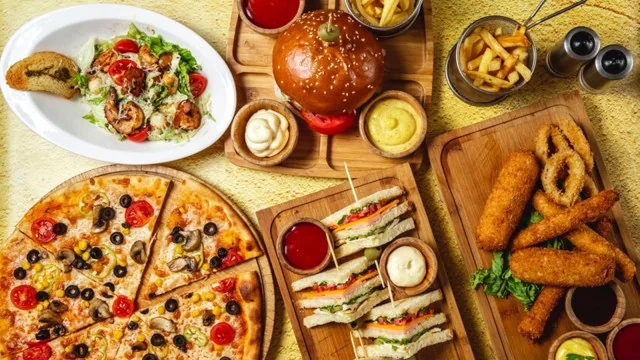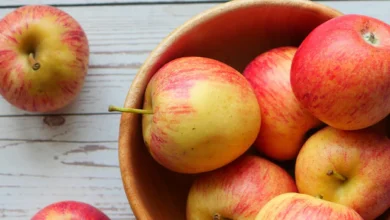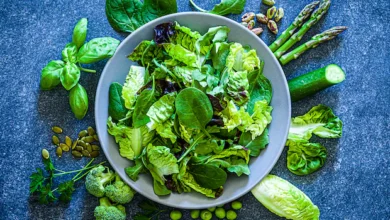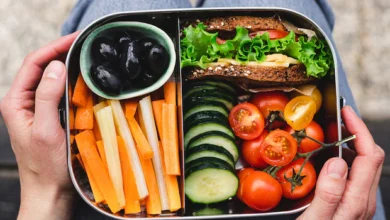Indians love their ultra-processed foods but with new study linking it to 32 health problems, it’s time to quit
Did you know that India's ultra-processed food sector has seen explosive growth? One of the highest rates globally, from 2011 to 2021.

Fancy a packet of chips? Perhaps it’s time to re-evaluate your diet. A new study published in The BMJ suggests that regularly consuming ultra-processed foods like sweets, crisps, and pre-packaged meats can increase your risk of death from cardiovascular disease by 50%.
But that’s not all. These foods are also linked to a significant rise in other illnesses, with the study finding a 32% increase in the occurrence of conditions like cancer, type 2 diabetes, cardiovascular issues, gastrointestinal and respiratory problems, depression, and anxiety.
Did you know that India’s ultra-processed food sector has seen explosive growth? According to a report by the World Health Organization in collaboration with the Indian Council for Research on International Economic Relations, the sector grew at a compound annual growth rate of 13.37% between 2011 and 2021 – one of the highest rates globally.
This upward trend, the report’s authors warned, needs to be curbed through policy interventions to prevent an obesity crisis in India similar to what some Western countries are already experiencing.
According to G Sushma, clinical dietician, CARE Hospitals, Banjara Hills, Hyderabad, this upward trend can be attributed to a couple of reasons, like urbanisation and changing lifestyles, globalisation and market influence, along with growing time constraints that come with the modern lifestyle.
For the unversed, ultra-processed foods are characterised by extensive industrial processing and the inclusion of additives, preservatives, flavourings, and other substances. Common examples include soft drinks, chips, crackers, instant noodles, sweetened breakfast cereals and fast food items.
How can ultra-processed foods harm you?
Ultra-processed foods can have detrimental effects on health for several reasons, explained Sushma:
a. Nutrient-poor composition: These foods often lack essential nutrients and fibre, as they undergo extensive processing and contain additives, preservatives, and flavorings.
b. Excessive added sugars and fats: Ultra-processed foods are often high in added sugars, unhealthy fats, and salt, which can contribute to weight gain, cardiovascular issues, and other health problems.
c. Lower satiety: They may be less satisfying and lead to overconsumption, contributing to obesity and related health issues.
d. Impact on metabolic health: Studies have shown associations between the consumption of ultra-processed foods and an increased risk of obesity, type 2 diabetes, cardiovascular diseases, and other health problems.
e. Gut microbiota: Some research suggests that ultra-processed foods may negatively affect the composition of gut microbiota, which plays a crucial role in overall health.
How can quitting these foods help?
Reducing the intake of ultra-processed foods can contribute to improved overall health, better weight management, and a decreased risk of chronic diseases, said Sushma. It is essential for individuals, communities, and policymakers to work together to promote a healthier food environment.
How can you start your quitting journey?
To reduce the consumption of ultra-processed foods, individuals can take the following steps:
a. Cook at home: Prepare meals using fresh, whole ingredients to have better control over the quality of the food.
b. Read labels: Be mindful of food labels and avoid products with a high number of additives, preservatives, and added sugars.
c. Choose whole foods: Prioritise fruits, vegetables, whole grains, lean proteins, and minimally processed foods in your diet.
d. Limit fast food and takeout: Reduce the frequency of eating out and opt for healthier alternatives when possible.
e. Educate and raise awareness: Encourage community initiatives, educational programs, and awareness campaigns to inform people about the impact of ultra-processed foods on health.




